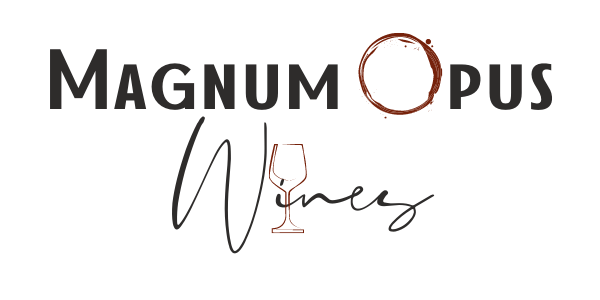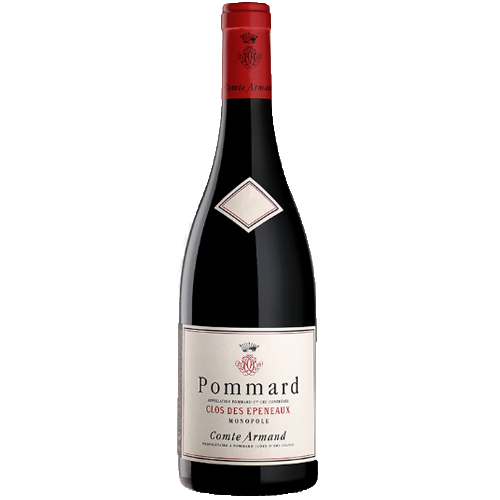100% Pinot Noir.
Domaine des Epeneaux owes its name to the Clos des Epeneaux, a magnificent parcel of five hectares acquired by Nicolas Marey at the end of the 18th, beginning of the 19th century.
In 1828, the Clos des Epeneaux and related buildings, known as the Fief de Rancy, situated in the centre of the village of Pommard, became part of the heritage of the family of the Count Armand.
The estate remained as such until 1994 when it annexed a vineyard plot situated in the neighboring village of Volnay, then later parcels from the village of Auxey-Duresses.
Today, Domaine des Epeneaux constitutes a total surface area of 9 hectares, and is more committed than ever to producing wines that are true expressions of their terroir.
With a surface of 5.23 hectares, the Clos des Epeneaux is one of the largest monopolies of the Côte de Beaune and Côte de Nuits (both 1er crus and grands crus included).
The vines varies between 30 and 80 years, with a density of plantation of 12,000 vines / hectare.
It’s separated in 4 units, which are separately vinified.
- 4 major criteria are distinguished :
- Year of plantation.
- Depth of the bedrock (20-30 cm on the high part, 60-80 cm on the low part of the Clos)
- Soil structure
- Soil texture.
One must be ever mindful that it is the vine that produces the wine first and foremost. Since we cannot control the weather, we focus our attention essentially on the plant and naturally on the soil.
Not only does the ground serve as base,it is the locus of immense diversity and complexity in both geological and biological terms.In order to optimize the vitalityof our soil, we use no herbicides. However ploughing, whether mechanical or manual depending on the parcel is essential.
Therefore, no synthetic molecule serves as plant protection (certified organic farming by ECOCERT). To have a well- balanced vine means to have a healthy vine.
Wines are the very image of the quality of fruit they derive from.
With utmost respect toward the grape, our harvest is 100% de-stemmed, keeping most of the berries whole, not crushed.
The winemaking process then goes through three distinct stages:
- Pre-fermentation maceration period of 5-8 days at a temperature of 13-14°C
- Spontaneous alcoholic fermentation between 5-10 days
- Post-fermentation macerationof 3 to 15 days depending on the vintage
Most years, the total maceration period lasts about 4 weeks, which is relatively long for traditional winemaking in Burgundy.

